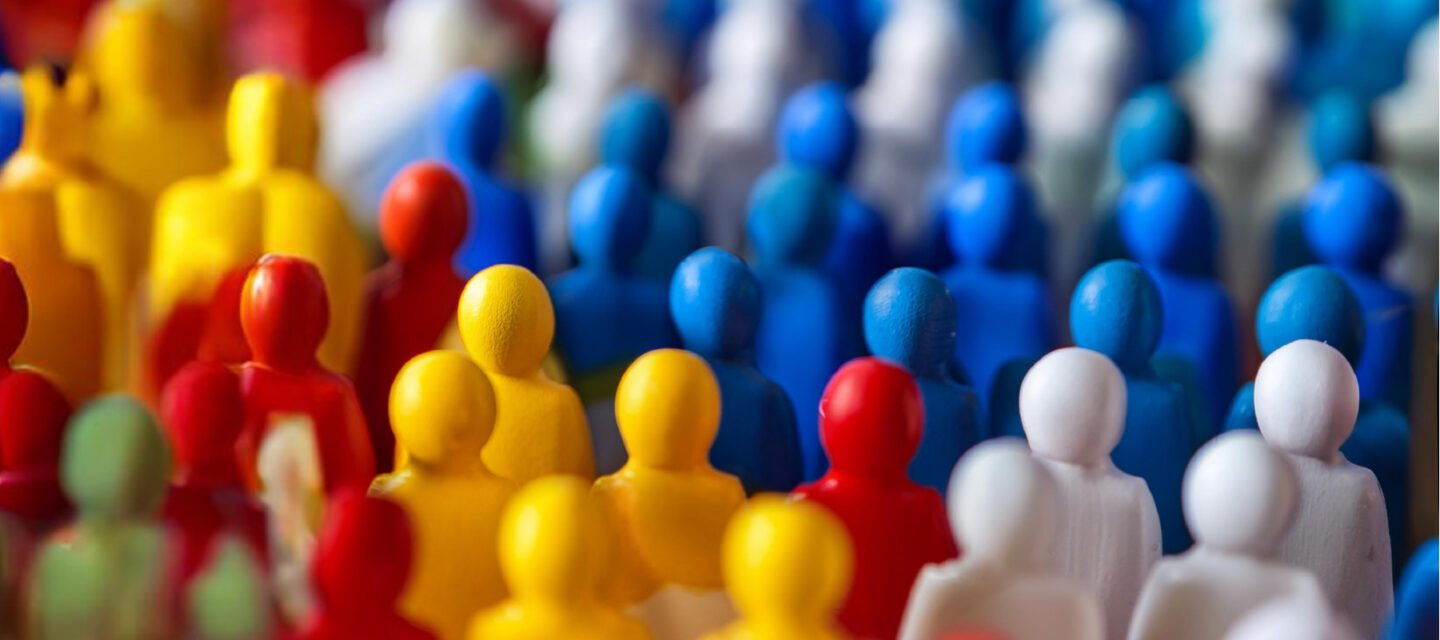The role of evolution in tribal identity
Our brain rewards us for belonging to a tribe; an evolutionary survival mechanism. Being a member of a group enables division of labor and protection against predators. In other words, it increases the chances of our genes surviving into the gene pool of the next generation.
Tribes come in many shapes and sizes. When we speak about cross-cultural awareness, we tend to overlook the more concealed differences. Most of us experience these every day – more often than not without being aware of them.
Tribal groups exist in every company. The cultural difference between corporate functions is merely one instance of the tribal instincts that rule – and sometimes derail – collaboration and productivity in organizations. Groups might dress, speak, or behave (slightly) differently and have distinct “views” about colleagues in other departments (hospitals and physicians make for great case studies here). All too often, stereotypical tribal assumptions are exacerbated in departmental dynamics. A colleague from manufacturing might say, “The folks in sales always promise too much,” whereas a sales associate might complain that “Finance has no idea about our business.”
But what about family-owned companies? In a paper entitled The Bind that Ties: Socioemotional Wealth Preservation in Family Firms, the authors suggest that a family CEO is more likely to blame and terminate a non-family manager when performance deteriorates. Contracts protect the family manager and deflect negative performance attributions onto non-family managers, even though the family managers exercise more direct control over the decisions that led to poor performance in the first place. Blood is thicker than water and the family connections determine the ruling group.
We know how easily individuals can be primed to identify with an ingroup to the detriment of others. Social psychiatrists Henri Tajfel and John C. Turner showed in their work on social psychology and intergroup relations how easily arbitrary groups identify and become “tribes” within just a few minutes of individuals coming together. You might think this does not apply to a sophisticated, experienced population of senior executives, but unfortunately, that is a complete fallacy.
In combination, evolutionary-caused biases can blend into a powerful cocktail for social misunderstanding. Given our need to belong, most people try to find a group they feel safe in and want to be part of. But a strong group identity gives rise to the likelihood of projecting blame and negativity onto the other group – it’s not only convenient to make “them” responsible for whatever happens to us but serves to reinforce group identity.





 Audio available
Audio available
